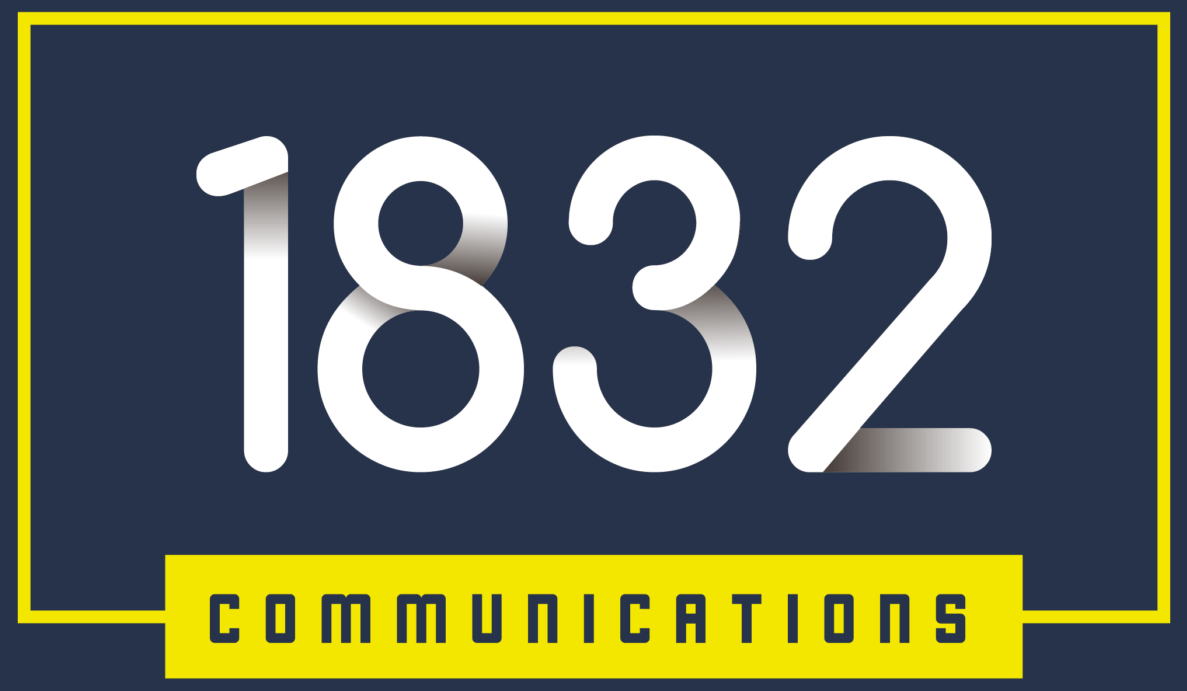Many years ago I was asked in a job interview: “If you were sitting with a potential donor, how would you convince them that our nonprofit is the best out there and the only one worthy of a donation?”
My reply to the interviewer: “I would never do that, because you’re not. You’re not better than a charity assisting kids with cancer, an organization sheltering homeless people or a nonprofit preventing teen suicide. But I WOULD explain to a donor why this nonprofit’s work makes it a leader in its niche. I would use stories and data to demonstrate bang for the donor buck.”
I’ve always hated that question because in the end, helping people isn’t a competitive sport.
You Have Competitors- And That’s OK
When nonprofits start explaining how unique they are, how no one else does what they do, I go right to Google. And I show them another ten organizations in the same niche, in their region/city/geographical area, advocating for something very similar.
Why does that matter?
Donors.
Just because you tell supporters you’re distinctive, irreplaceable and one-of-a-kind doesn’t make it true. Certainly not in the eyes of your donors.
Supporters don’t necessarily have the time to research every local organization who help young children receive extra educational help and enrichment. They don’t have time to learn the various nuances, how each organization is structured and what makes them different.

Photo by Victoire Joncheray on Unsplash
You can scream “unique” from the rooftops but if a member of the community learns about a nonprofit that has a similar cause, they may not be able to differentiate between the two of you. This individual will go with the organization that makes the best case for support.
And what does that “best case for support” rest on? Competitive intelligence. Data. Stories. Social proof.
The Best In Your Sector
If you want donors to consider you as the best suited charity for dealing with problem X, there are 4 things you need to do and show:
- Competitive Intelligence: Your job is to research and learn how competing organizations market themselves. What language they use to describe their work and programming. What content they send supporters. Review their programs. Their appeals. Once you know all that, determine internally how to differentiate your organization so your fundraising and marketing jargon isn’t duplicating what donors are hearing from another organization.
- Data: You need numbers to back up your claims of being the best at X in your area. This is not only number of beneficiaries served. Make sure to point out follow up data that highlights success! For example: How many people have found permanent jobs through your vocational training. What percentage of children improved test scores and semester grades as a result of your afterschool program.
- Stories: Storytelling sits at the heart of fundraising and marketing. The stories you share with donors about who you serve, the work you do, your staff and more provides a fuller picture of who you are. Offer more opportunities for donors to see how they’re solving a problem. They’ll be able to better justify why your charity is most worthy of a donation. And why is that important?
- Social proof: We purchase products based on recommendations of family and friends. The same is true of donations! We ask our network where to give. If we see someone we know making a case for support for charity X, we’re going to pay attention. Which means your nonprofit needs to request testimonials from donors. Ask donors for their origin story. Get supporters posting on social media about you. Encourage them to shout from the rooftops how you’re best in sector.

Photo by Etienne Girardet on Unsplash
But We’re Not The Same!
Everyone has competition. Everyone. You may not consider a certain organization as a competitor but that doesn’t matter. What matters is how donors view both of you: If you’re the same in a donor’s eyes, why should they choose you?
Give them a reason to do so.
P.S. You might think that my answer at the opening of the post would have angered my interviewers and I would’ve lost any chance of getting the job. Just the opposite happened: I got the job.
Your organization prompts people to donate online. But is your online donation form user friendly? Does it help or hurt your fundraising? Sign up today for my Online Donation Form Boost so you can raise more money from more people!




